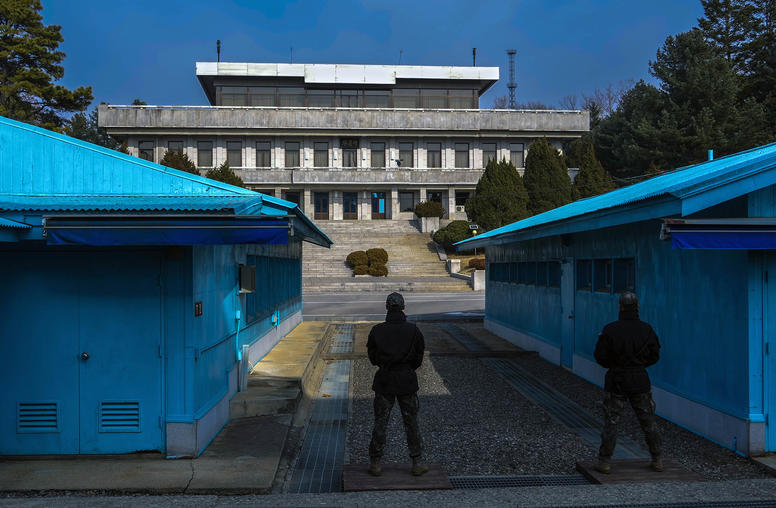Oil, Profits, and Peace: Does Business Have a Role in Peacemaking?
Violent conflict is a common problem in oil-rich nations. Until recently, oil companies saw the socioeconomic consequences of their operations in developing countries as beyond their control. But local conflicts complicate a company's relationship with local communities and present high risks of disruption to production. With the spiraling costs of conflict in production areas, growing interest in “corporate social responsibility,” and mounting activist pressure at home, the oil industry must increasingly consider the impact of its operations on local conflicts and avoid practices that aggravate social or ethnic tensions.
This event will feature comments by former Institute senior fellow Dr. Jill Shankleman, author of Oil, Profits, and Peace (March 2007, United States Institute of Peace Press; $14.95), a new book that analyzes the relationship of conflict and business and that includes in-depth case studies of the oil industry in Sudan, Azerbaijan, and Angola. Other panelists include leading experts in the oil industry, the U.S. government, and the nongovernmental sector, who will discuss key questions addressed in the book: What are the costs of violent conflict for the oil industry? Which policies may inadvertently increase the likelihood of violence and which might reduce it? What role can Western oil companies play to prevent conflict in the areas where they operate?
The book will be available for sale at this event.
Speakers
- Jill Shankleman
Author, Oil, Profits, and Peace: Does Business Have a Role in Peacemaking?
Former USIP Senior Fellow (2003-2004)
Senior Social and Environmental Specialist, MIGA (Multilateral Investment Guarantee Agency), The World Bank Group - Nick Welch
Manager, International Relations, Shell Oil Company - Oren Whyche-Shaw
Senior Advisor, Office of African Nations, International Affairs Department, U.S. Dept of Treasury - Kenneth Bacon
President, Refugees International - J. Robinson West, Moderator
Chairman, PFC Energy | Chairman of the Board, U.S. Institute of Peace
Archived Audio
To listen to audio or to view video, please click on the links provided below. You also can right click on the links and choose "Save Target As" or "Download Linked File." This will save the file to your computer and then allow you to play it in your media player directly. More Audio Help.
- Listen to the audio from this event.
1:55:00 - 21MB



